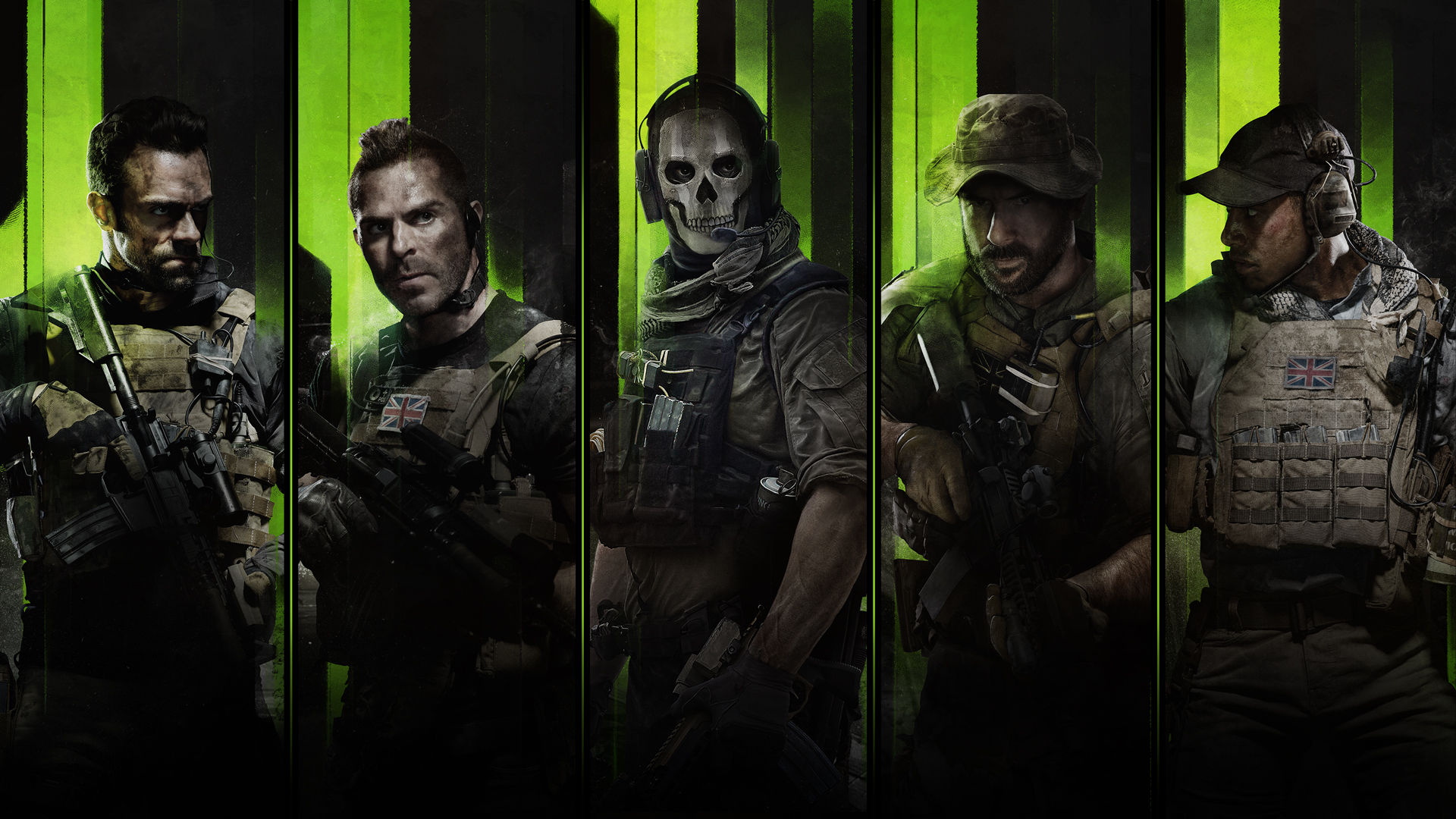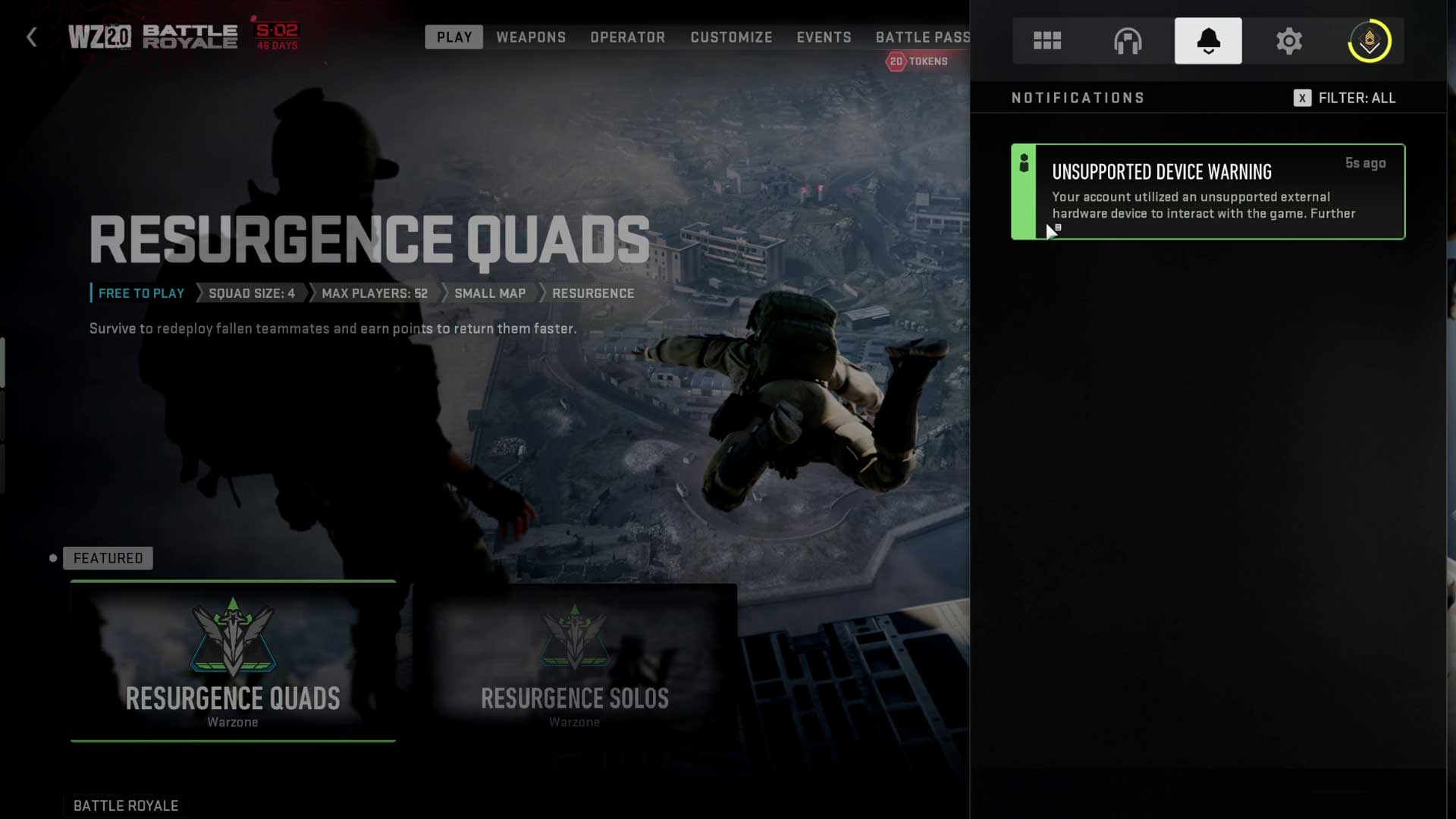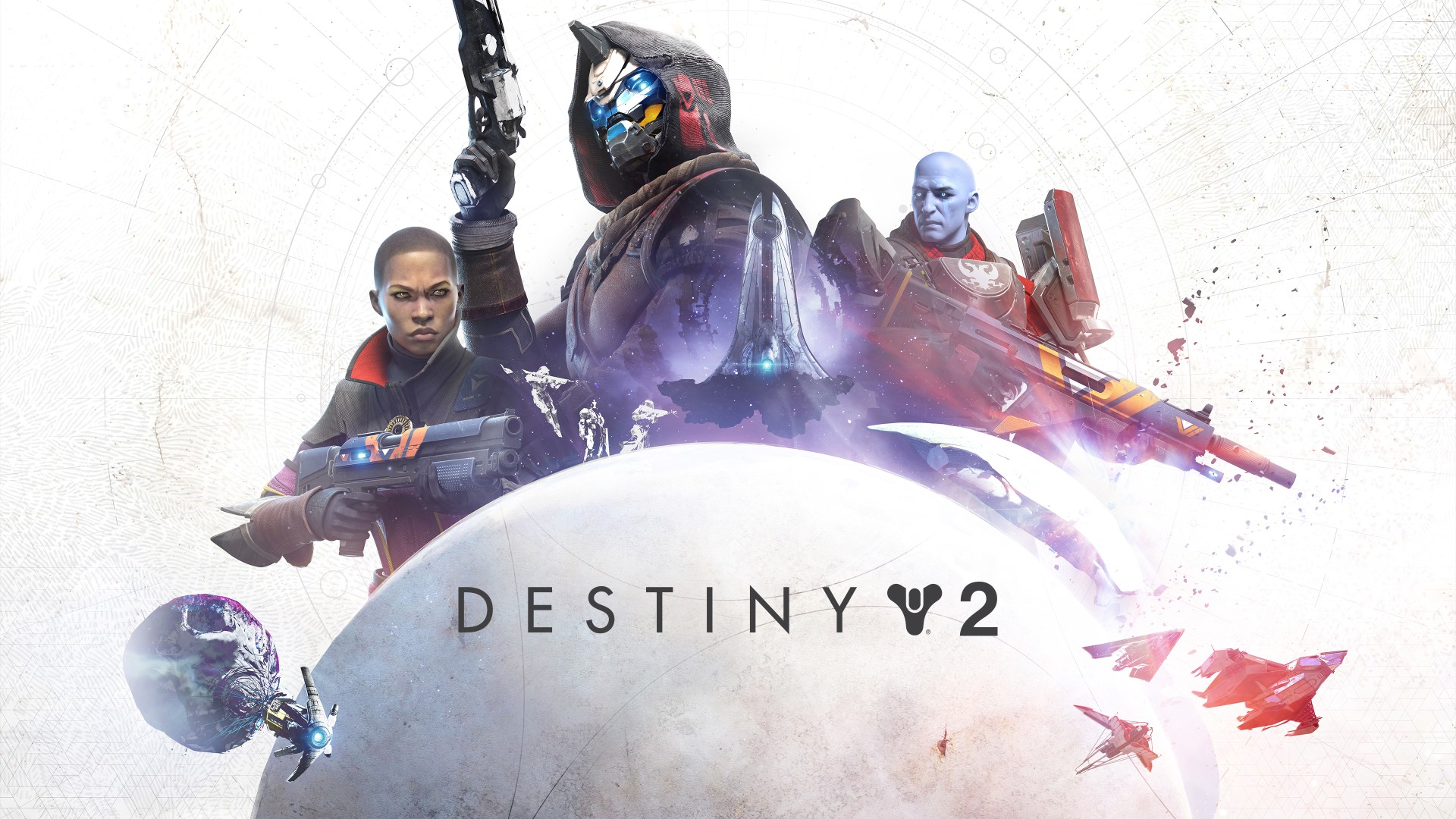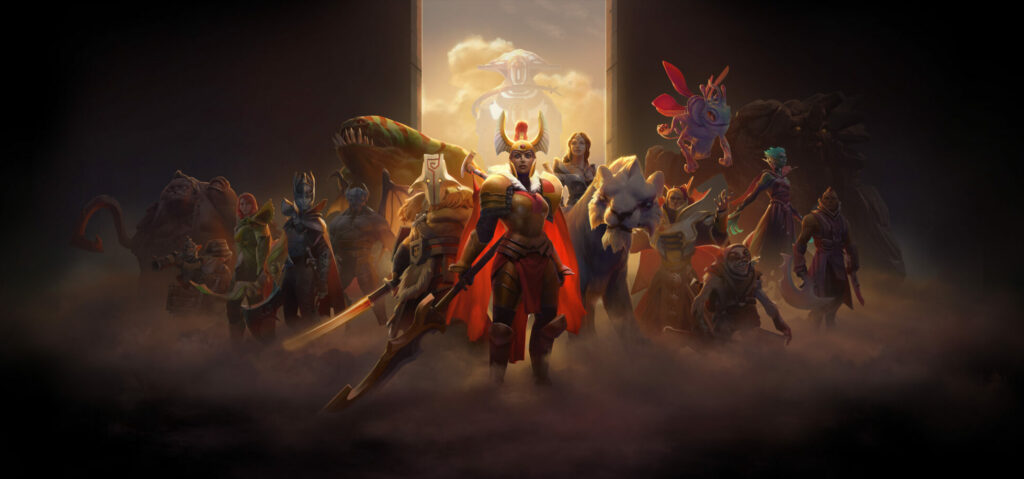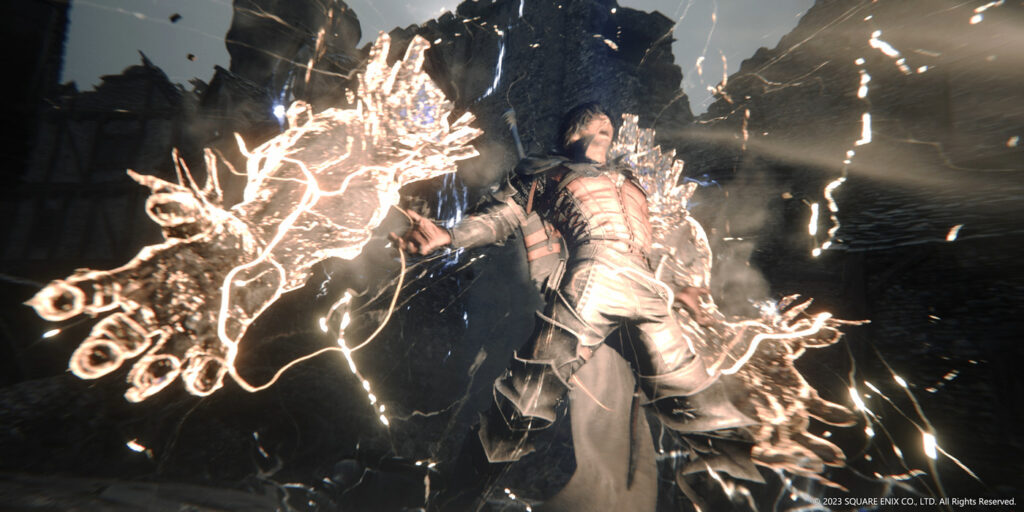‘Call of Duty’ Update Takes Aim at 3rd-Party Hardware Cheats
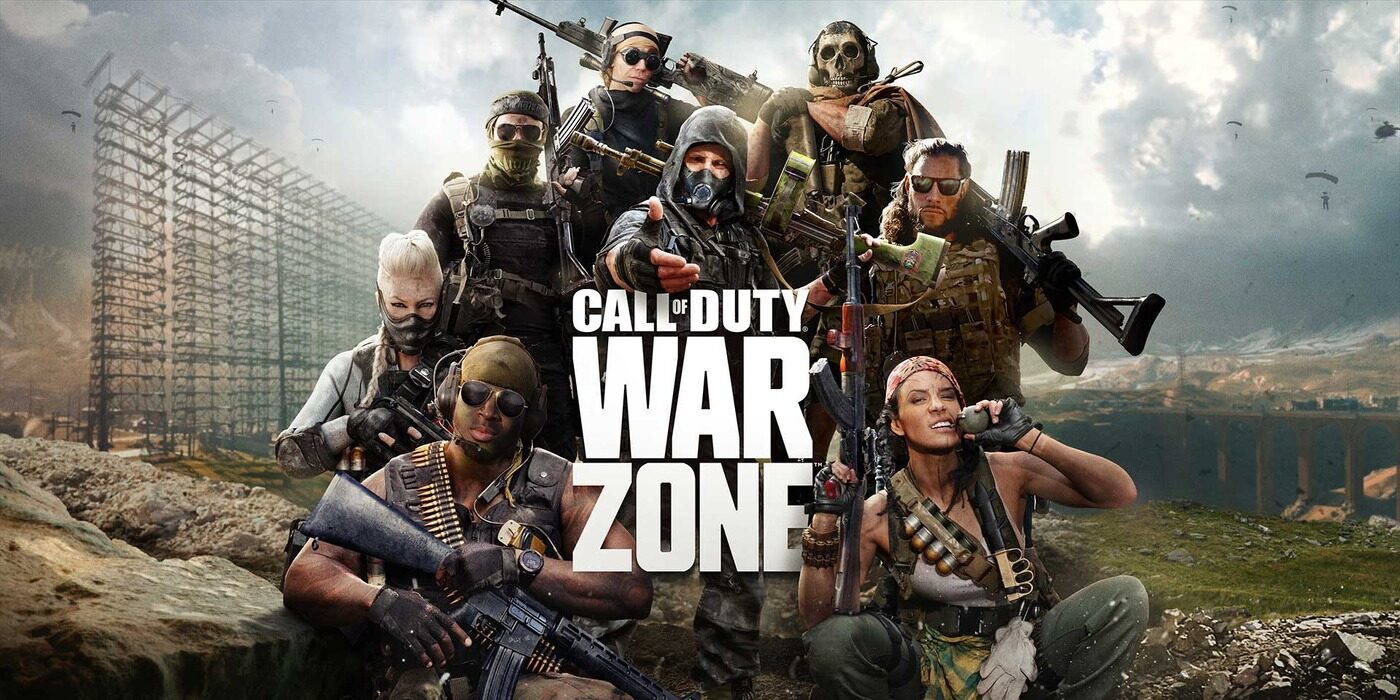
Activision is just waiting to drop the hammer on cheaters ahead of the upcoming season.
Call of Duty is one of the biggest gaming franchises on the planet. So much so that it has been a huge part of Sony’s argument against Microsoft’s purchase of Activision Blizzard. Call of Duty started back in 2003 as one of the many World War 2 shooters on consoles. It became one of the biggest franchises for gamers when it became one of the first shooters to do more modern weaponry in a compelling way on consoles with Call of Duty 4: Modern Warfare. The series has since gone on to have more than a dozen titles and will be celebrating its 20th anniversary this year.
The latest titles Call of Duty: Modern Warfare 2(2022) and the free-to-play Call of Duty: Warzone have been doing solid player numbers since they were released. Online shooters live and die by its player count and when the count gets pretty high, cheaters tend to happen. Luckily for gamers, Activision Blizzard is working on it.
War! What is It Good For?
Shooters are one of the easiest game types to cheat at in gaming. Third-party software and devices such as XIM, Cronus Zen, and ReaSnow S1 allow cheaters to use things like “aim assist” or reduce recoil for a better shot. Activision Blizzard has been cracking down on cheating in Call of Duty with an anti-cheat system called Ricochet. This system works on the kernel-level driver on PC for MW2, Warzone, and Vanguard. It is supposed to detect apps and software running that are trying to modify the player’s Call of Duty game in any way. People were a bit critical about it when it was first released, but cracking down on cheaters can be tricky on PC.
Activision Blizzard recently released an update for Ricochet in preparation for Season 3 of CoD: Modern Warfare II and CoD: Warzone 2.0. They promise it will add several new layers of security and detection to stop cheating in all modes. The biggest focus is on ranked matches since that is where it is all about skill and rising through the ranks to prove you are the best. Anyone caught cheating there specifically will deal with their zero-tolerance policy.
- All accounts caught cheating may be permanently banned across Call of Duty titles as outlined in the Security and Enforcement Policy.
- Banned accounts will have their records purged from the Ranked Play Top 250 and other competitive Leaderboards.
- Specific to Ranked Play: RICOCHET Anti-Cheat and development studios may adjust the Skill Rating (SR) for players that have frequently played with and benefited from banned cheating accounts, even if they themselves have not used cheats.
The update also will be providing a new replay function for investigating teams to go over footage from matches to determine if someone was actually cheating or just really good. The replay will be recorded the most in high-ranking matches but will auto-trigger in all matches if it starts to notice anything suspicious. The team though still will rely on people reporting cheaters since not all software like that can be flawless.
The biggest update is the new 3rd party hardware detection they have been working on. It was successfully tested and will now be keeping an eye on both PC and console gamers to keep them from cheating. If this is detected, it will give the player a warning first to tell them nicely to quit it. If they continue to use it maliciously from there and it still detects it, they will be banned.
Other Anti-Cheating Moves This Year
Cheating is rampant in online gaming and this is just the latest move against it. Earlier this year, Bungie won a lawsuit against cheat-maker AimJunkies. The cheat maker was creating cheats and hacks for Destiny 2 like aimbots, wall hacks, and more. Cheating and trying to circumvent bans are all against the Terms of Service for most online games and AimJunkies consistently did this while charging for all their cheats. AimJunkies lawsuit was a major blow to cheat creators with how big a payout it was and could easily happen again to others.
Valve made their move on cheating with a special trap laid in DOTA 2. They set up an area in the game that could not be accessed via the normal play of the game that would let them know who was using an exploit in the game. Players were using third-party software to cheat in the game and when developers figured out how it worked, they sprung the trap.
“We released a patch as soon as we understood the method these cheats were using…This patch created a honeypot: a section of data inside the game client that would never be read during normal gameplay, but that could be read by these exploits.”
Valve reported that 40,000 users were banned from DOTA 2. They warned that this was more than just banning cheaters as it was a show that they take cheating very seriously. No exceptions would be made for anyone caught cheating.
“While the battle against cheaters and cheat developers often takes place in the shadows, we wanted to make this example visible, and use it to make our position clear: If you are running any application that reads data from the Dota client as you’re playing games, your account can be permanently banned from playing Dota. This includes professional players, who will be banned from all Valve competitive events.”
Cheating in online gaming is such a weird thing to me. The whole point of rank matches is to prove you are great at the game you are playing. Winning ranked matches while not earning them is such a hollow victory and doesn’t bring any respect from anyone, especially your fellow gamers. Cheat all you want in a single-player game, just leave everyone else out of it.
“Just because I have cheetah blood does not make me a cheater.” – Tour De Pharmacy

